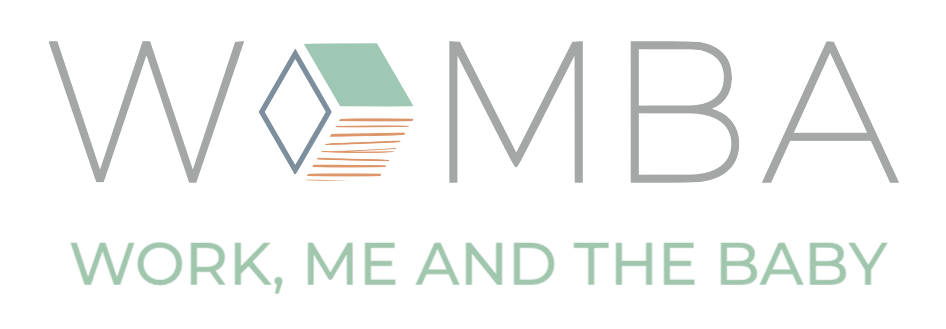Managing our emotional responses in emotional times
These are uncertain, unprecedented and disorientating times. All of these words are over-used, but they do describe the world we’re living in. From our coaching with working parents we’re hearing how they’re feeling overwhelmed. I can relate to this. Some days I feel resilient and “I’ve got this”, only to wake up the next in disbelief at what is now “normal”.
One way of making sense of this emotional rollercoaster is to think about our window of tolerance.
You may not have heard of this term, but we all have one.
When we’re in our window of tolerance we’re able to process what’s happening in the moment, we can think and feel at the same time. For example, if I’m on a work call and I hear my child crying, I recognise that this is making me feel anxious and I can no longer concentrate, I decide I need to drop off the call for 5 minutes.
When we’re outside of our window of tolerance we lose this ability. Our feelings and responses become unmanageable. We feel overwhelmed and our survival responses can kick in – fight, flight or freeze. We might have an angry outburst, panic, become over-emotional, fatigued or shut down.
How to manage your emotional response?
The first thing to do is simply notice you’re outside of your window of tolerance and give yourself a few moments to connect back to the present.
You can do this by:
following your breath (especially the exhale)
feeling your feet on the floor or the seat supporting you
naming 5 things you can see.
These are all quick and simple. They re-connect us with the present. They help us pause and decide how we want to respond rather than react to a situation. Experiment with them and see what works for you.
Three things to remember:
Everyone is trying to muddle their way through this – and it’s challenging
Be kind, compassionate and having realistic expectations of yourself
Notice when it becomes too much, too challenging and pause – just for a few minutes.
Get in touch for a free chemistry call if you’d like to discuss how coaching can help you during these times.

